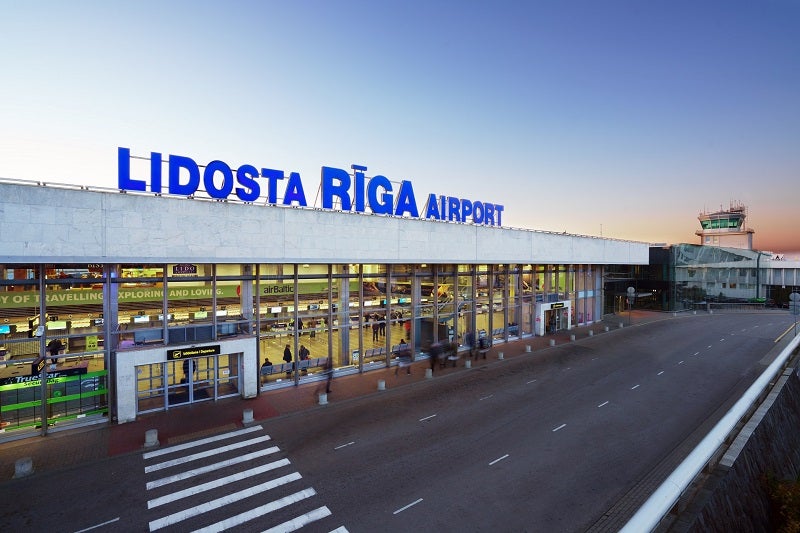
Latvia’s Riga International Airport (RIX) has entered the Airport Council International (ACI) Europe initiative Net Zero 2050 to attain a 100% reduction of carbon emissions under the airport’s direct control by 2050.
The airport has pledged to not produce CO₂ emissions in its basic operations or emissions that cannot be avoided or indemnified with suitable storage of equivalent amounts of greenhouse emission gases until 2050.
To address its climate ambitions, the airport is developing a medium-term sustainability plan until 2030.
Riga Airport board chairperson Laila Odiņa said: “Riga Airport continuously works on reduction of the amount of CO₂ emissions. By taking several important measures, the Airport has managed to reduce the amount of emissions by 32% over the period of the last five years.
“Riga Airport has been certified for Level 2 of Airport Carbon Accreditation, ACA programme and in 2020 it developed its first carbon management plan for 2020–2023. The plan includes new goals to reduce emissions until 2023 and aims to improve the Airport’s performance in achieving climate goals.”
The airport will focus on minimising emissions from two primary sources, notably electricity and fuel consumption.
For achieving this, Riga Airport is planning to establish its first sun panel park and transform service buildings to make them more environmentally friendly and energy-efficient.
In future, the airport will also work to attain certification for Level 3 of the ACA programme.
This programme strives to reduce those emissions that are not under the airport’s direct control and are generated by the firms operating at the airport.
The NET Zero 2050 initiative was launched in June 2019. Since then, more than 200 European airports have joined the initiative.
In May, the airport completed the construction of the second rapid-exit taxiway and the reconstruction of a portion of the runway.



